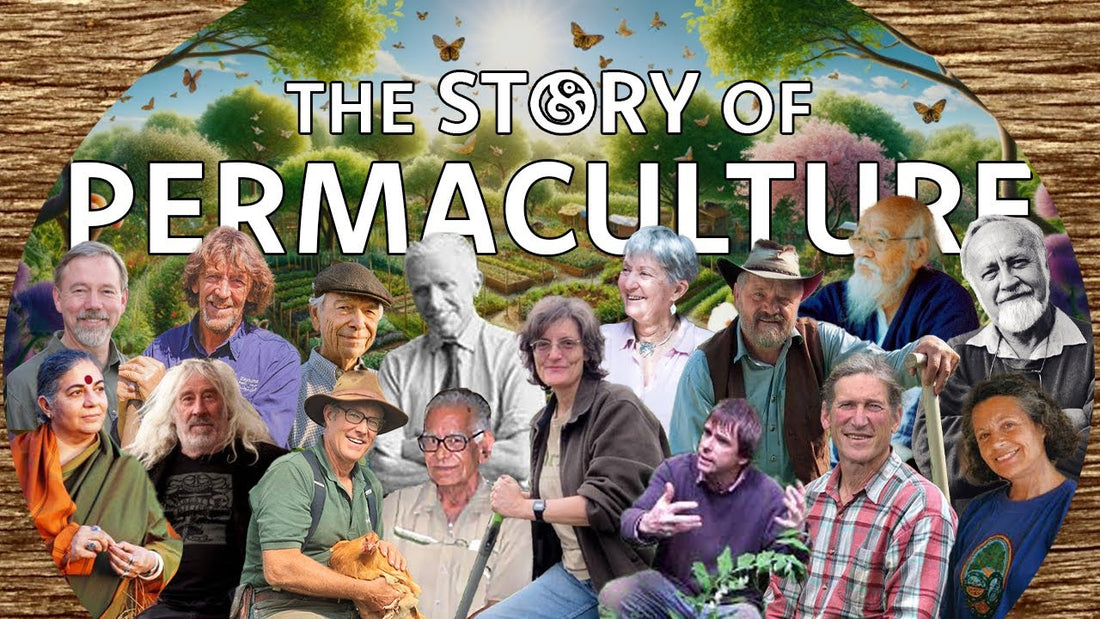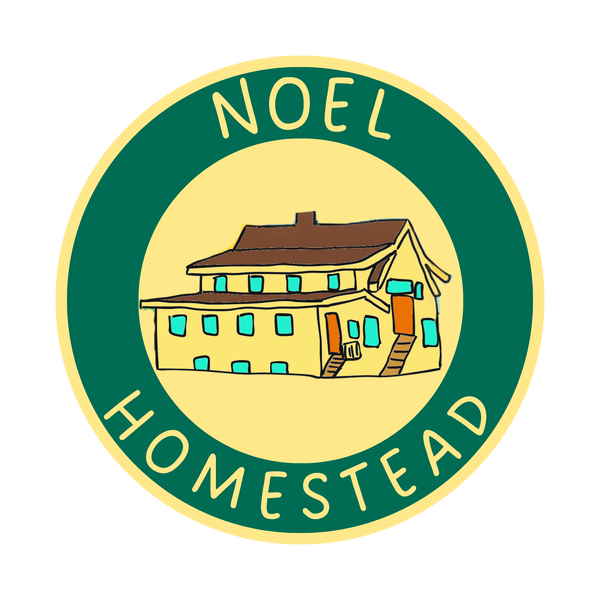
The Architects of Abundance: The Story of Permaculture's Founders
Share
While Bill Mollison and David Holmgren gave permaculture its name, they stood on the shoulders of giants. The idea of living in harmony with the land is as old as humanity, and the modern permaculture movement is a tapestry woven with threads of wisdom from incredible thinkers, farmers, and activists all over the world.
In the 1970s, two Australians looked at modern agriculture and saw a dead end. Bill Mollison, a brash and brilliant ecologist, and his quiet, thoughtful student, David Holmgren, saw how it stripped the soil, wasted water, and depended on endless work and chemicals. They knew there had to be a better way.
Instead of trying to invent a new machine or a new chemical, they did something radical: they stopped and listened. They spent countless hours in the wild forests and ecosystems of Tasmania, observing how nature effortlessly took care of itself. They saw that a forest doesn't need anyone to fertilize its soil or water its plants; it builds its own fertility and manages its own water in a perfect, self-renewing cycle. There is no waste in a forest—only resources.
From these powerful observations, they created "permaculture." It wasn't a rigid set of rules, but a way of seeing the world—a toolkit for designing human systems
Below are some of the pioneers who listened to the earth and shared its secrets. From Japan, Masanobu Fukuoka’s revolutionary "do-nothing" farming proved the power of letting nature lead. In the cold Austrian mountains, Sepp Holzer turned steep, "unfarmable" slopes into lush, abundant ecosystems. In England, Robert Hart rediscovered the ancient art of the forest garden, creating edible landscapes that mimic natural woodlands.
The tapestry includes the fierce advocacy of Vandana Shiva protecting seed freedom, the groundbreaking soil science of Dr. Elaine Ingham revealing the living universe beneath our feet, and the grassland regeneration work of Allan Savory. Innovators like Emilia Hazelip and modern teachers like Geoff Lawton have continued to adapt and spread these powerful ideas. Each one of them, in their own way, reminds us that permaculture is not a single invention, but a global conversation about how to care for our planet and each other.
